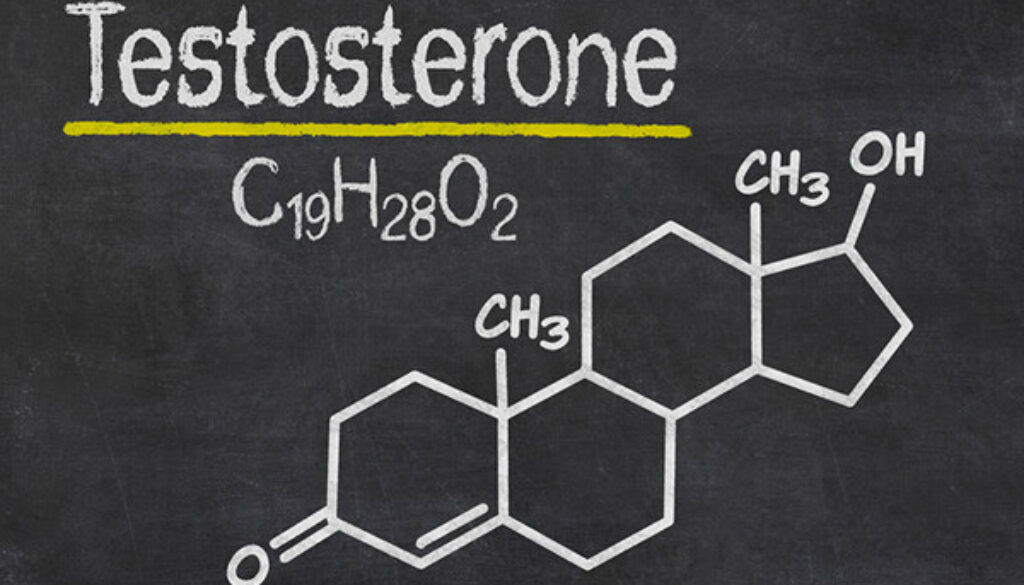Exploring the Benefits of Testosterone Therapy for Men
Testosterone plays a vital role in men’s health, affecting everything from muscle mass and energy levels to mood and sexual function. As men age, testosterone levels naturally decline, which can lead to various health issues. In recent years, testosterone therapy has gained popularity as a way to address low testosterone levels (often referred to as “low T”) and improve overall well-being. In this article, we will explore the benefits of testosterone therapy for men, explain what testosterone therapy is, and discuss potential risks and considerations.
What is Testosterone Therapy?
Testosterone therapy, also known as testosterone replacement therapy (TRT), involves the administration of testosterone to men who have low levels of the hormone due to various factors, such as aging, medical conditions, or hormonal imbalances. Testosterone therapy can be delivered through several methods, including:
- Injections: Testosterone can be injected directly into the muscle, typically every one to three weeks.
- Gels and Creams: Transdermal gels or creams are applied to the skin, allowing testosterone to be absorbed into the bloodstream.
- Patches: Similar to gels, testosterone patches are applied to the skin and release testosterone gradually.
- Pellets: Small testosterone pellets can be implanted under the skin, releasing the hormone over several months.
Before starting testosterone therapy, a healthcare provider will typically conduct a thorough evaluation, including blood tests, to determine testosterone levels and identify any underlying health conditions.
The Benefits of Testosterone Therapy
Testosterone therapy can provide a variety of benefits for men experiencing low testosterone levels. Here are some potential advantages:
-
Improved Sexual Function:
- Testosterone therapy can enhance libido and improve erectile function, leading to a more satisfying sex life. Many men report increased sexual desire and improved performance following treatment.
-
Increased Muscle Mass and Strength:
- Testosterone is essential for muscle development. Therapy can help men regain muscle mass and strength, making it easier to maintain an active lifestyle and improve physical fitness.
-
Enhanced Mood and Mental Clarity:
- Low testosterone levels can contribute to feelings of depression, irritability, and fatigue. Testosterone therapy has been linked to improved mood, reduced symptoms of depression, and enhanced cognitive function.
-
Improved Energy Levels:
- Many men experiencing low testosterone report fatigue and decreased energy. Therapy can help restore energy levels, making daily activities more manageable and enjoyable.
-
Better Bone Density:
- Testosterone is crucial for maintaining bone density. Therapy can help strengthen bones, reducing the risk of osteoporosis and fractures as men age.
-
Weight Management:
- Testosterone therapy can aid in fat loss, particularly visceral fat (the fat that surrounds internal organs). This can lead to improved body composition and overall health.
Considerations and Potential Risks
While testosterone therapy can provide significant benefits, it is not without risks and considerations:
-
Cardiovascular Health: Some studies suggest a potential link between testosterone therapy and cardiovascular risks. It’s essential to discuss personal health history with a healthcare provider before starting therapy.
-
Prostate Health: Testosterone can stimulate the growth of prostate tissue. Men with a history of prostate cancer or certain prostate conditions should be cautious and discuss their situation with a doctor.
-
Sleep Apnea: Testosterone therapy may exacerbate existing sleep apnea or contribute to its development in some men.
-
Hormonal Imbalances: Misuse or overuse of testosterone can lead to hormonal imbalances, resulting in various side effects, including acne, breast enlargement, and mood swings.
Who Should Consider Testosterone Therapy?
Testosterone therapy is typically recommended for men with clinically low testosterone levels and associated symptoms. A healthcare provider can perform a blood test to determine testosterone levels and evaluate symptoms.
Before starting therapy, it’s crucial to have an open discussion with a healthcare provider about potential benefits, risks, and the appropriate type of therapy (e.g., injections, gels, patches).
Conclusion
Testosterone therapy can offer significant benefits for men experiencing low testosterone levels, from improved sexual function and energy levels to increased muscle mass and enhanced mood. However, it is essential to approach therapy cautiously and under the guidance of a qualified healthcare provider.
If you suspect that low testosterone may be affecting your quality of life, consider consulting with a healthcare professional who specializes in hormonal health. By understanding your body and exploring appropriate treatment options, you can take proactive steps toward reclaiming your vitality and improving your overall well-being.



